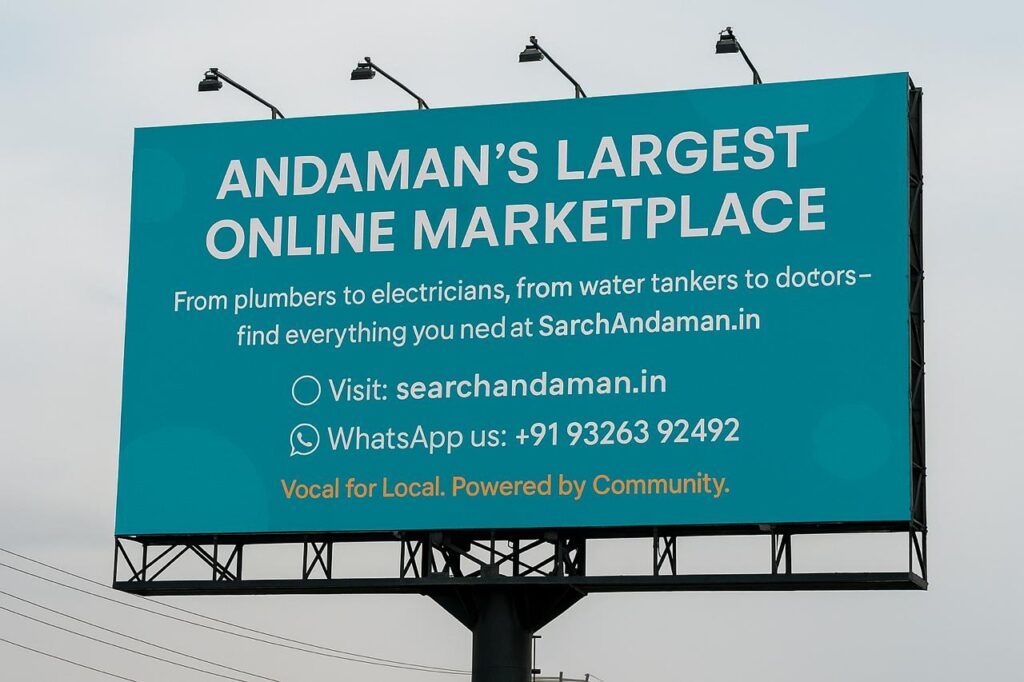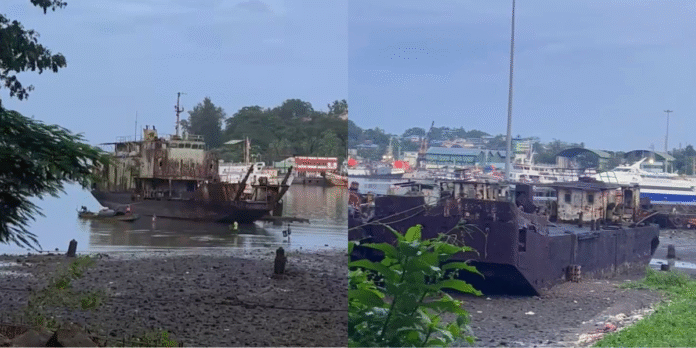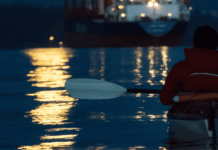For years, several ships have been stranded along the jetties of the Andaman Islands, serving as a silent reminder of neglect and inefficiency. While these vessels might appear inert, their presence exerts a significant toll on the fragile island environment. Over time, metal hulls corrode, releasing harmful substances into the surrounding waters. Paints and coatings, many of which contain heavy metals and other toxic compounds, flake off and seep into the sea, affecting marine life from plankton to larger fish species. Oil residues and lubricants trapped in tanks and machinery slowly leak, contaminating water and sediments, and disrupting the delicate balance of coastal ecosystems. Coral reefs and seagrass beds near these jetties are particularly vulnerable, as even minimal chemical exposure can stunt growth or lead to mass die-offs.
The stranded ships also represent a massive wastage of resources. Functional components, engines, and machinery could be salvaged or repurposed, yet these assets lie unused, slowly deteriorating. Valuable metals corrode to the point of becoming unrecoverable, and the occupied jetty space prevents efficient docking and movement of operational vessels. Economically, this stagnation translates into lost opportunities for trade, transport, and tourism, which the islands depend on heavily. Beyond the financial aspect, the visual blight and potential hazards to fishermen, local communities, and tourists compromise the region’s safety and appeal.

Addressing this issue requires coordinated action. The most sustainable solution lies in systematic ship recycling under environmental regulations. Each vessel should be assessed for salvageable parts, hazardous material removal, and metal recovery. Local authorities, in partnership with certified ship-breaking firms, could create designated recycling zones on the islands, ensuring toxic materials are safely handled and marine pollution is minimized. Encouraging the shipping industry to take responsibility for stranded vessels through deposit schemes or penalties for abandonment could also prevent future accumulation. By converting stranded ships into recycled materials or repurposed assets, the islands can mitigate environmental harm, reclaim valuable dock space, and recover economic value from what is currently a lingering hazard.






